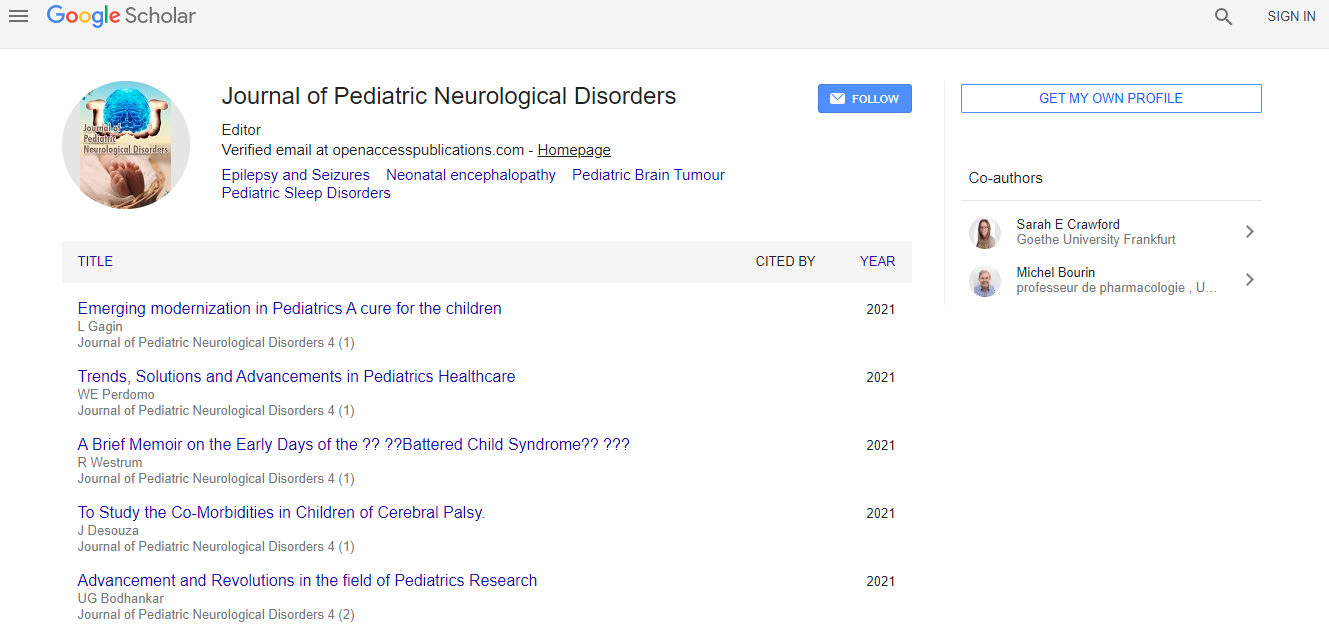Case Report
Valproate Acid (Depakote) Induced Hyperammonemic Encephalopathy in the Pediatric Populations
Hoang Nguyen1*, Joseph P Kitzmiller1, Ferdnard Osuagwu2, Vijay Chandran3 and Pooja Khungar41Department of Biological Chemistry and Pharmacology, College of Medicine, The Ohio State University, Columbus, Ohio, USA
2Department of Psychiatry, School of Medicine, University of Michigan at Ann-Arbor Ann-Arbor, Michigan, USA
3Department of Psychiatry, Bronx-Lebanon Hospital, Bronx, NY, USA
4Advocate Illinois Masonic Medical Center, Chicago, Illinois, USA
- *Corresponding Author:
- Hoang Nguyen
Department of Biological Chemistry and Pharmacology
College of Medicine, The Ohio State University
Columbus, Ohio, USA
Tel: 1-213-446-2519
E-mail: Hoang.Nguyen@osumc.edu
Received date: July 27, 2017; Accepted date: August 07, 2017; Published date: August 15, 2017
Citation: Nguyen H, Kitzmiller JP, Osuagwu F, Chandran V, Khungar P (2017) Valproate Acid (Depakote) Induced Hyperammonemic Encephalopathy in the Pediatric Populations. J Pediatr Neurol Disord 3: 116. doi: 10.4172/2572-5203.1000116
Copyright: © 2017 Nguyen H, et al. This is an open-access article distributed under the terms of the Creative Commons Attribution License, which permits unrestricted use, distribution, and reproduction in any medium, provided the original author and source are credited.
Abstract
Valproate acid (Depakote) (VPA) is very effective in the treatment of various illnesses including: seizure disorders, migraine headache prophylaxis, neuralgia, and bipolar disorder. The use of VPA frequently results in elevated plasma levels of ammonia. This is seen despite normal baseline liver function test results in such patients. In this case report, we describe two instances of VPA-induced hyper ammonemic encephalopathy in patients who had supra therapeutic levels of VPA. Family physicians, Child Neurologists, Child Psychiatrists and Pediatricians should be aware of this potential complication, and it is highly recommended to check ammonia levels in patients taking VPA who present with a change in mental status. With a rise in off-label use it is even more important that physicians are made aware of this potential complication. Treatment of VPA-induced hyperammonemic encephalopathy is still under investigation. As of yet, administration of L-carnitine is postulated to have a potential benefit in some cases. VPA has numerous drug interactions and toxicities, including pancreatitis, thrombocytopenia, hepatitis and hyperammonemia. Here are we list two case reports of VPA induced hyperammonemic encephalopathy both occurring in patients with no history of any underlying liver pathologies. In both two cases, both patients were under stable conditions, no comatose. In both 2 cases of patients we described, they all have normal or sub therapeutic level of VPA. Because of the wide spectrum of symptoms associated with Valproate Acid induced Hepatic Encephalopathy (VHE), clinician should be aware of hyperammonenia in differential diagnosis with other common symptoms.

 Spanish
Spanish  Chinese
Chinese  Russian
Russian  German
German  French
French  Japanese
Japanese  Portuguese
Portuguese  Hindi
Hindi 